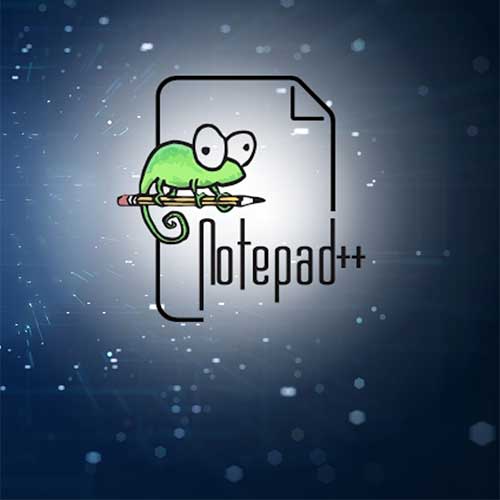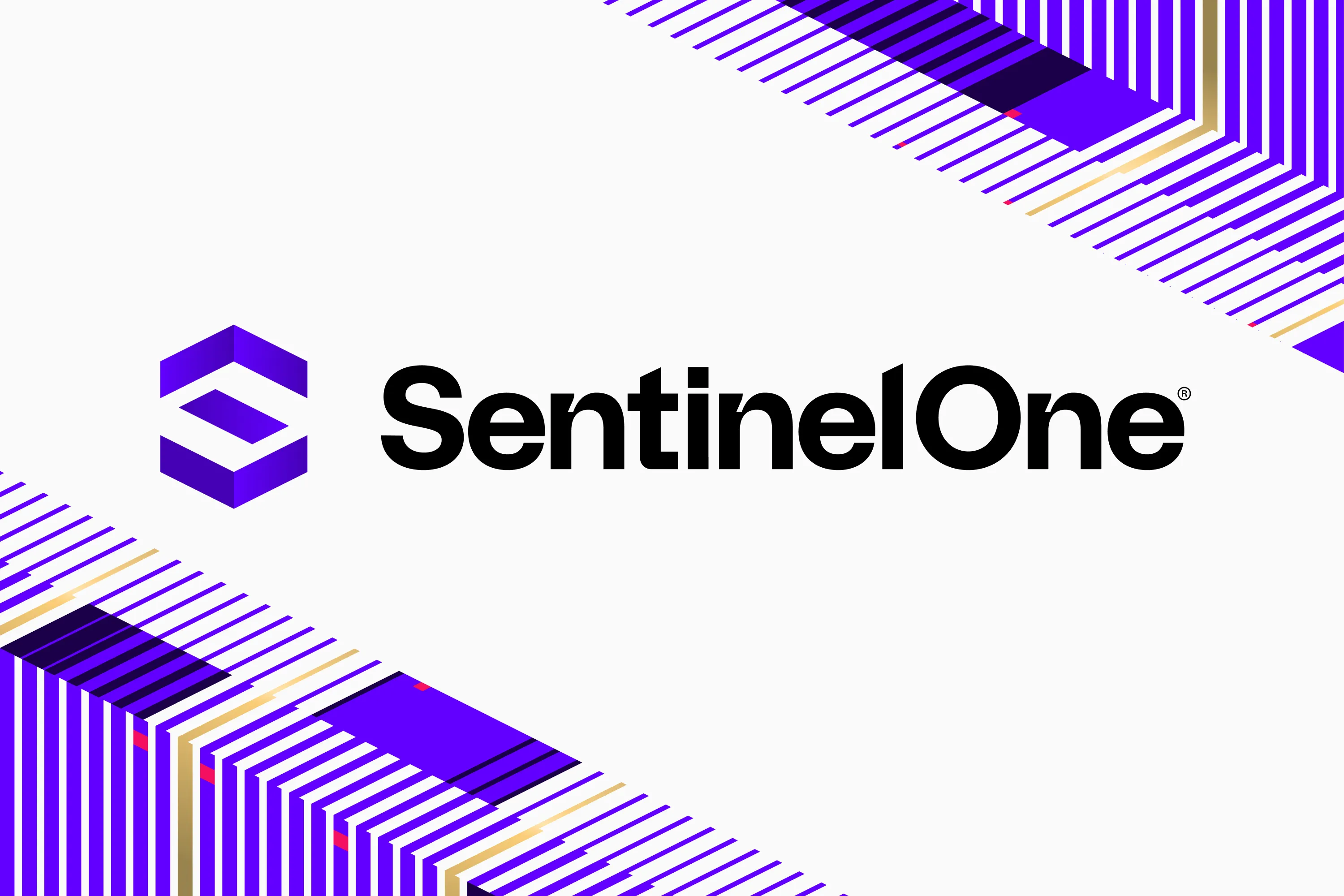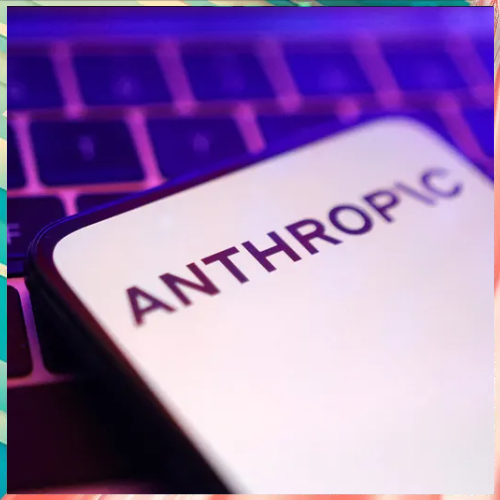
Maharashtra's cyber authorities have petitioned the central government for a nationwide prohibition of ProtonMail and Wikipedia, citing their use in alleged criminal activities. This demand raises alarm concerning online liberties, knowledge dissemination, and the boundaries of state authority in the digital sphere.
The department's justification stems from specific investigations where they claim these platforms facilitated illicit information exchange. However, this approach overlooks the vital role of encrypted communication and collaborative knowledge hubs in a democratic society.
ProtonMail, known for its robust end-to-end encryption, secures sensitive communications, vital for journalists and activists. A prohibition would stifle secure correspondence, questioning the extent of state surveillance.
Wikipedia, a global repository of freely accessible knowledge, faces censure over content moderation. A ban restricts information access, raising questions about censorship and free expression, issues that plague many online platforms.
The Indian constitution guarantees free speech, subject to reasonable restrictions. A sweeping ban on these platforms challenges proportionality and legal precedent. The Information Technology Act, 2000, provides a framework, but its application to privacy-centric platforms is complex.
This action signals a potential increase in state control over online spaces, chilling digital freedoms. It underscores the conflict between security needs and fundamental rights in the digital age, complicated by the internet's global nature.
Possible outcomes include the central government rejecting the request, seeking collaborative solutions, or facing legal challenges. The issue demands a delicate equilibrium between law enforcement needs and the preservation of an open, free internet.
See What’s Next in Tech With the Fast Forward Newsletter
Tweets From @varindiamag
Nothing to see here - yet
When they Tweet, their Tweets will show up here.





























